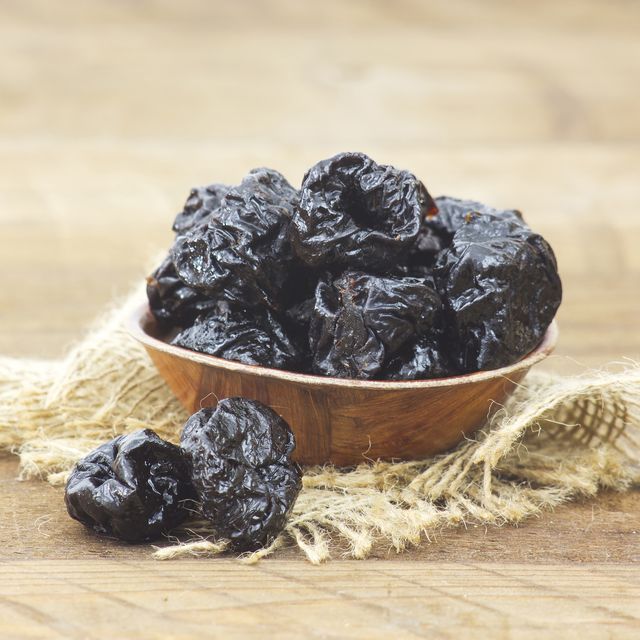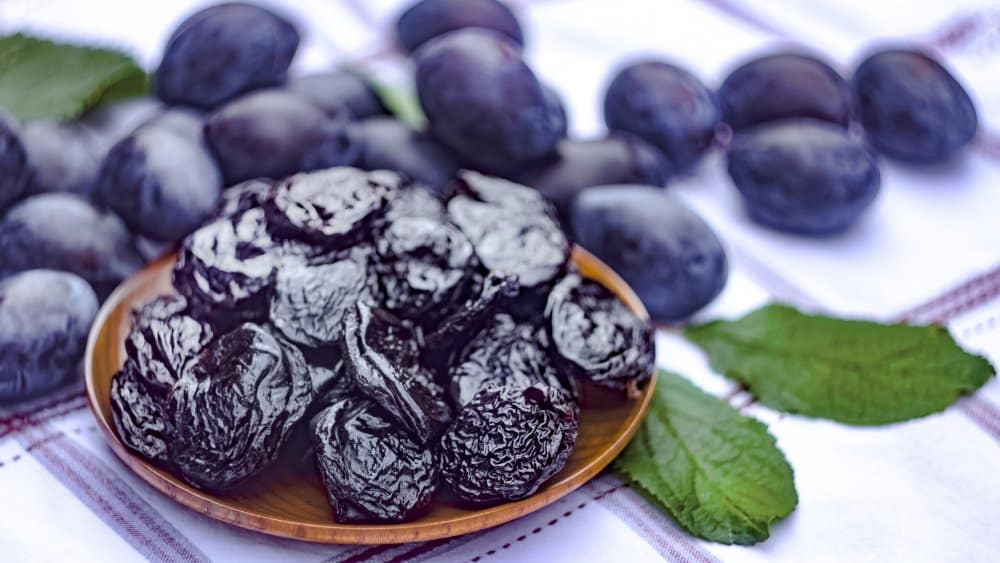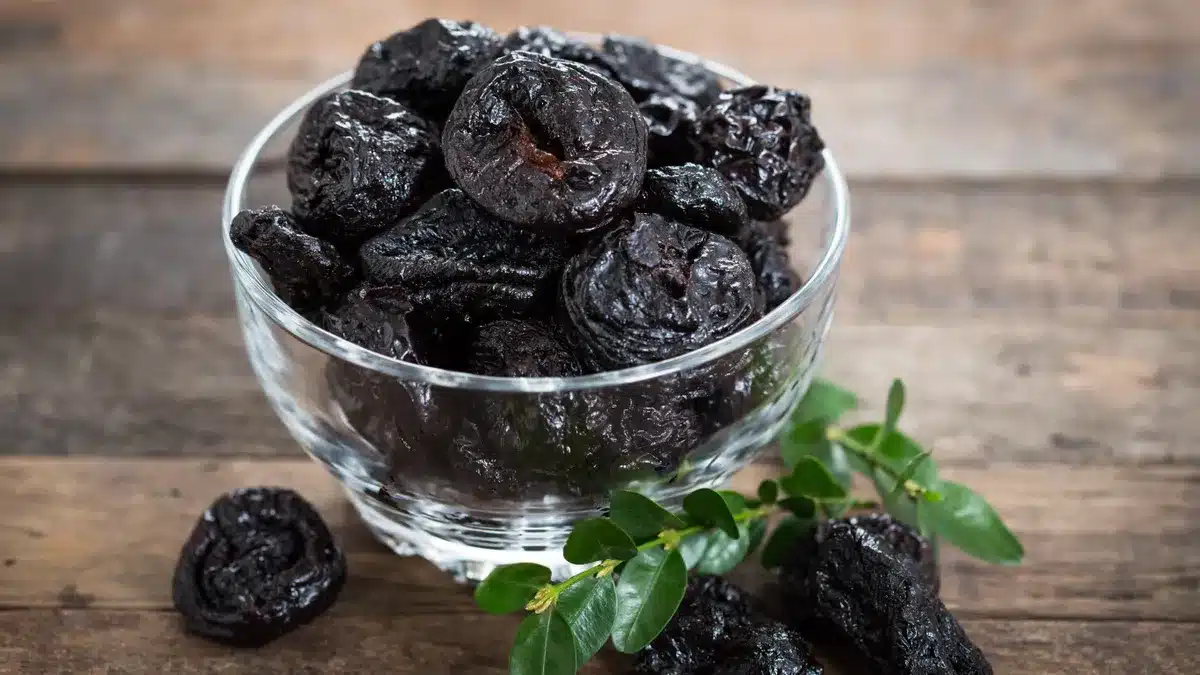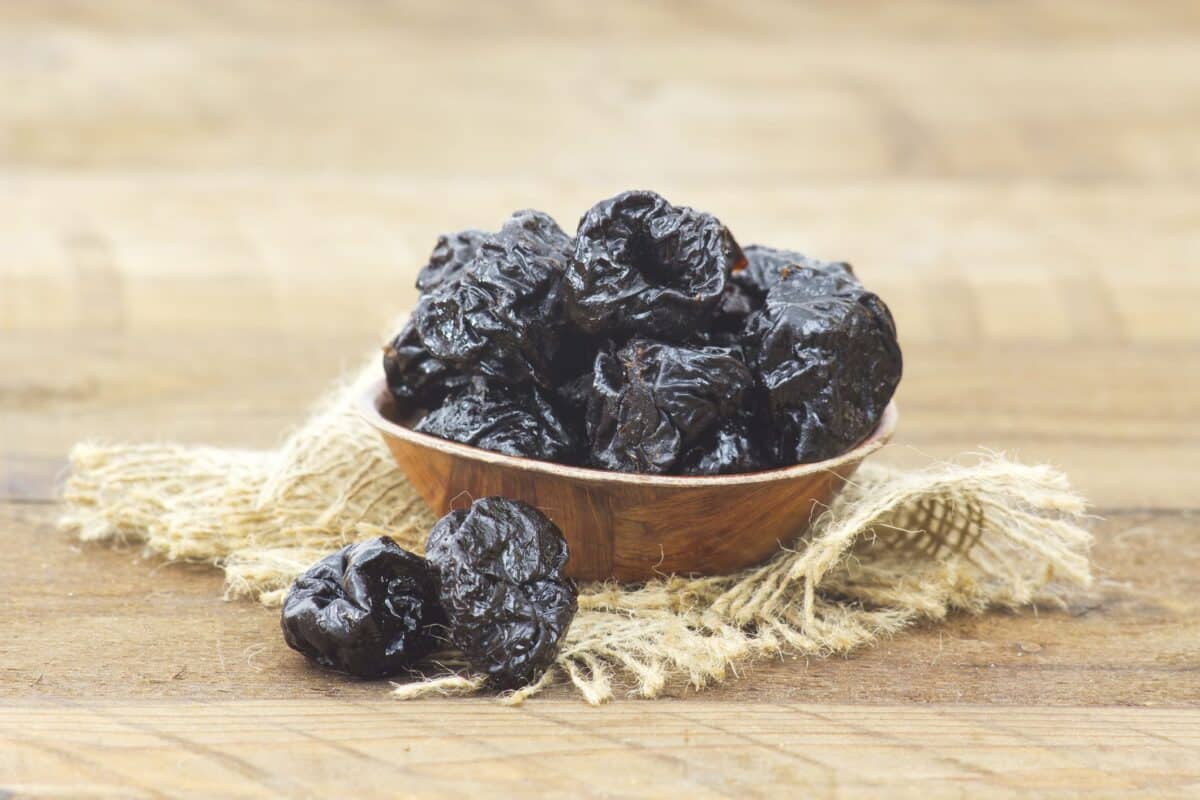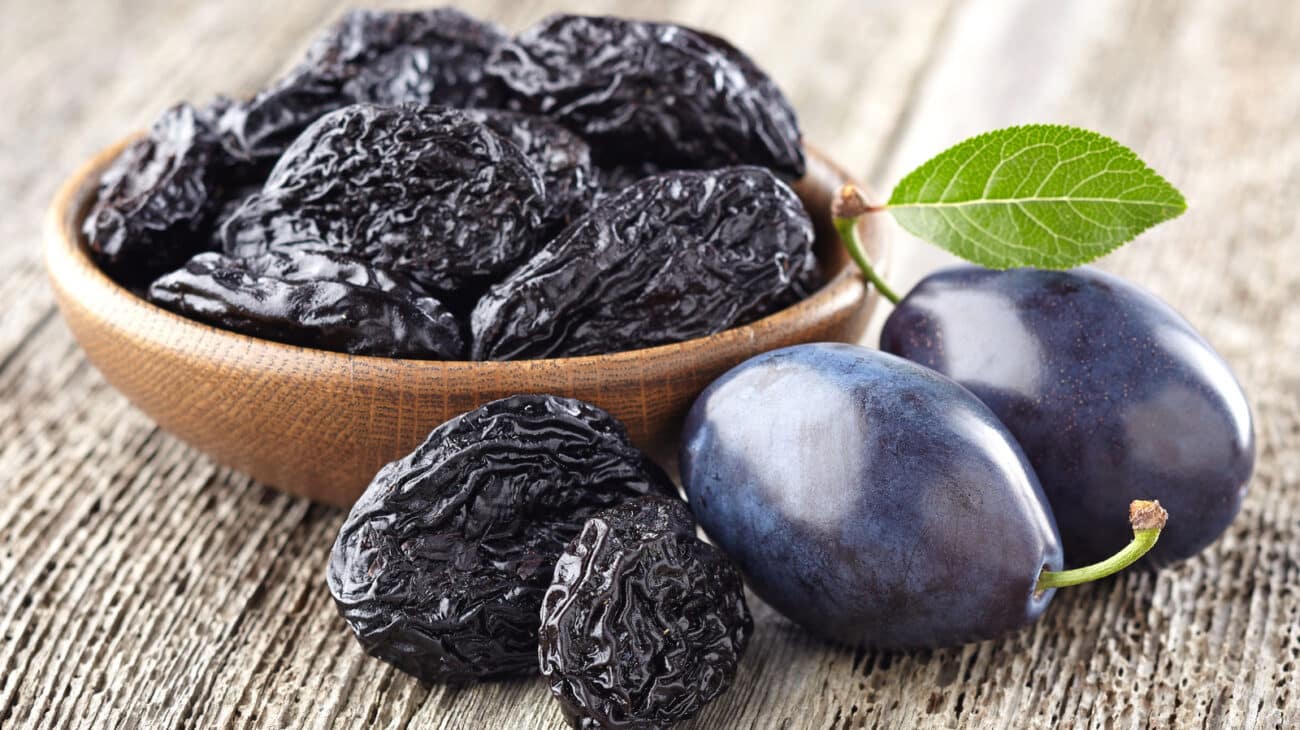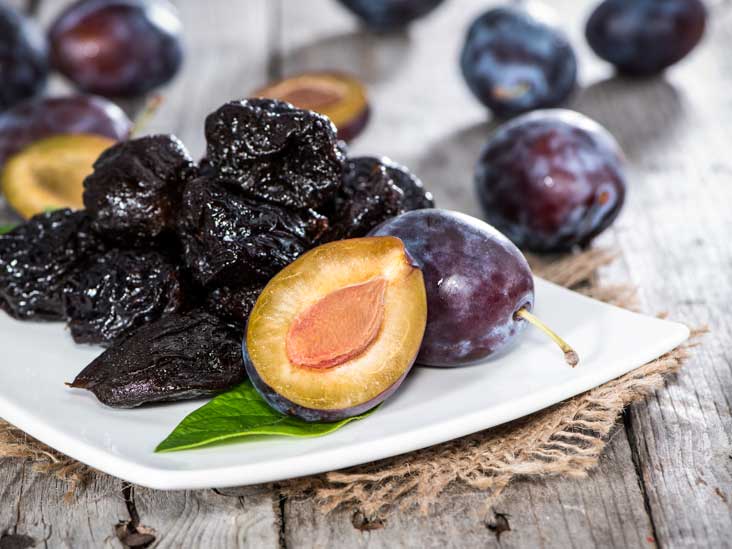Blog
What is the best time to eat prunes?

Understanding Prunes
Dried plums from different types of plum trees are called prunes. People from many cultures have eaten them for hundreds of years because they taste sweet and are good for you. Prune have a great nutritional profile that is good for you in many ways. They are full of important nutrients like fiber, vitamins (especially vitamin K and vitamin A), minerals (like potassium and manganese), and antioxidants.
- The Fiber Factor: Dietary fiber is one of the main parts of prunes that gives them their many health benefits. Fiber is very important for digestive health because it helps keep you regular, stops constipation, and supports a diverse community of microbiota in your gut. Fiber also makes you feel full, which helps you control your weight by reducing your hunger and calorie intake. There is a lot of soluble fiber in prunes. This fiber forms a gel-like substance in the digestive tract, which slows down digestion and makes you feel full.
- Vitamins and minerals: Prunes are a great source of fiber, but they are also a concentrated source of vitamins and minerals that are important for your health and well-being. Vitamin K is important for bone health and blood clotting, and vitamin A is good for your eyes, skin, and immune system. Minerals like potassium help keep blood pressure in check and muscles working properly. Manganese, on the other hand, is a cofactor for many enzymes that help with metabolism and antioxidant defense.
- Digestive health: One of the best known benefits of prunes is that they can help with constipation and restore digestive health. This is mostly because they have a lot of fiber and naturally help you go to the bathroom. Prunes have a sugar alcohol called sorbitol that can help with constipation by drawing water into the colon and making stool softer. Also, the soluble fiber in prunes makes a gel-like substance that makes stools bulkier and easier to go to the bathroom.
Best Time to Eat Prunes in the Morning
Many people who are thinking about the best time to eat prunes wonder if starting the day with this nutrient-dense fruit has any extra benefits. According to research, eating prunes in the morning can speed up your metabolism and give you energy that lasts all day. Prunes have fiber, which helps keep blood sugar levels steady. This stops the highs and lows that often happen after eating a high-carb breakfast. Furthermore, the natural sugars in prunes are better for you than processed sugars and give you a steady supply of energy for your morning activities.
Best Time to Eat Prunes for Weight Loss
People who are trying to lose weight may find that prunes help them reach their goals. The fiber in prunes makes you feel full and helps control your appetite. This makes it less likely that you will overeat and helps you lose weight. Eating prunes before a meal can help you feel full and keep you from eating too many calories at the next meal. Also, prunes’ natural sweetness can satisfy your cravings for sugary snacks, making them a better option for people who want to control their sweet tooth and eat fewer calories overall.
Best time to eat prunes to help with constipation
Constipation is a common digestive problem that causes people to have irregular bowel movements and have trouble passing stool. People have long said that pears can help with constipation because they have a lot of fiber and sorbitol in them. A naturally occurring sugar alcohol called sorbitol is found in prunes. It softens stool and draws water into the colon, which makes it easier to go to the bathroom. If you have constipation, eating prunes first thing in the morning on an empty stomach may make them work better as a laxative, helping you feel better faster.
What number of prunes should I eat every day?
What size serving of prunes is best for relieving constipation depends on the person, their age, their eating habits, and their overall health. According to studies, though, most people can get rid of their constipation symptoms by eating about 50 grams of prunes per day, which is about 5 to 6 prunes. It’s important to slowly increase the amount you eat and keep an eye on how your body reacts, because eating too many prunes can make sensitive people sick or give them diarrhea.
When Should You Eat Prunes? Before or After a Meal?
Another common question about eating prunes is whether they should be eaten before or after meals. Both timing strategies have their own benefits, and the best one for you may depend on your personal tastes and digestive tolerance. Eating prunes before a meal can help you control your hunger and feel full, which makes it less likely that you will eat too much during the main course. On the other hand, eating prunes after a meal can help your digestion and make going to the bathroom easier because they contain fiber and sorbitol. You can find out what works best for your body and lifestyle by trying out different timing plans.
If you want to lose weight with prunes, when you eat them may make a big difference in how well they work. There is no clear answer to the question of whether morning or night is better, but adding prunes to your evening routine may have its own benefits. Eating prunes at night can help you control your late-night cravings and stop you from mindlessly snacking, which can help you lose weight. Also, the fiber in prunes can help digestion overnight, which can help with regularity and reduce bloating.
Conclusion
In conclusion, prunes are a healthy and flexible food that can be added to any diet. They can help with digestion and weight management, among other things. Being aware of the science behind prunes and trying out different timing strategies can help people get the most out of this simple dried fruit. Prunes are a tasty and easy way to support your overall health and wellness. You can eat them in the morning to get your day going, before meals to curb your hunger, or at night to help digestion and make you feel full. When you make a change to your diet, it’s important to pay attention to your body’s signals and change what you eat accordingly to get the best results.
Here are 10 frequently asked questions about the best time to eat prunes:
1.Q: When is the best time to eat prunes?
-
- A: Prunes can be consumed at any time of the day, but some prefer to eat them in the morning on an empty stomach for maximum effect on digestion.
- Q: Are prunes better eaten in the morning or at night?
- A: There is no strict rule, but consuming prunes in the morning can aid digestion throughout the day, while eating them at night might help with bowel movements the next morning.
- Q: Can you eat prunes before bed?
- A: Yes, you can eat prunes before bed. However, it’s recommended to consume them a few hours before sleeping to give your body time to digest.
- Q: How many prunes should I eat per day?
- A: The recommended serving size is 2-3 prunes per day. However, it’s best to consult with your doctor or a nutritionist to determine the appropriate quantity for your specific diet.
- Q: Should I soak prunes before eating them?
- A: Soaking prunes in water overnight can help soften them and make them easier to digest. However, it’s not necessary if you prefer the natural texture.
- Q: Can I eat prunes on an empty stomach?
- A: Yes, you can eat prunes on an empty stomach. They are known to have a mild laxative effect, which can aid in cleansing the digestive system.
- Q: Is it safe to eat prunes every day?
- A: Yes, it is generally safe to eat prunes every day. However, it’s important to consume prunes in moderation and maintain a balanced diet for overall health.
- Q: Can prunes help with weight loss?
- A: Prunes are high in fiber and natural sugars, which can help you feel fuller for longer. Although they can aid in weight loss when consumed as part of a balanced diet, it’s best to consult a nutritionist for personalized advice.
- Q: How long does it take for prunes to take effect on digestion?
- A: The time it takes for prunes to have an effect on digestion can vary from person to person. It’s generally recommended to allow a few hours for prunes to work through the digestive system.
- Q: Can I find additional information about prunes’ benefits online?
- A: Yes, there are many reliable sources online that provide more information about the benefits of prunes, including nutrition websites, medical publications, and official health organization websites. Always ensure the sources you consult are reputable and evidence-based.



